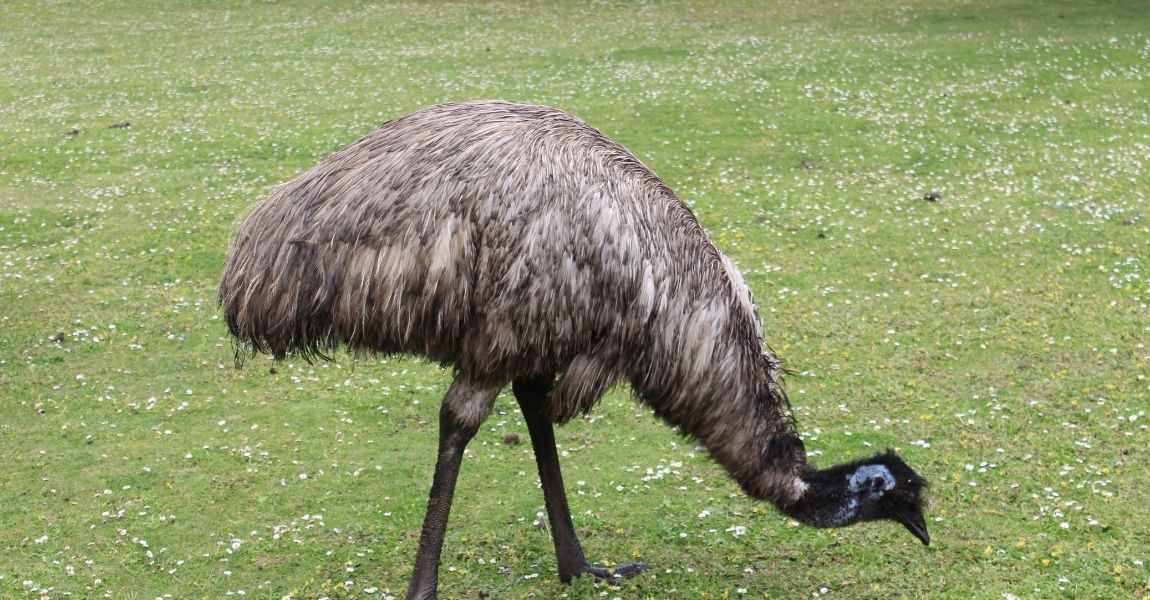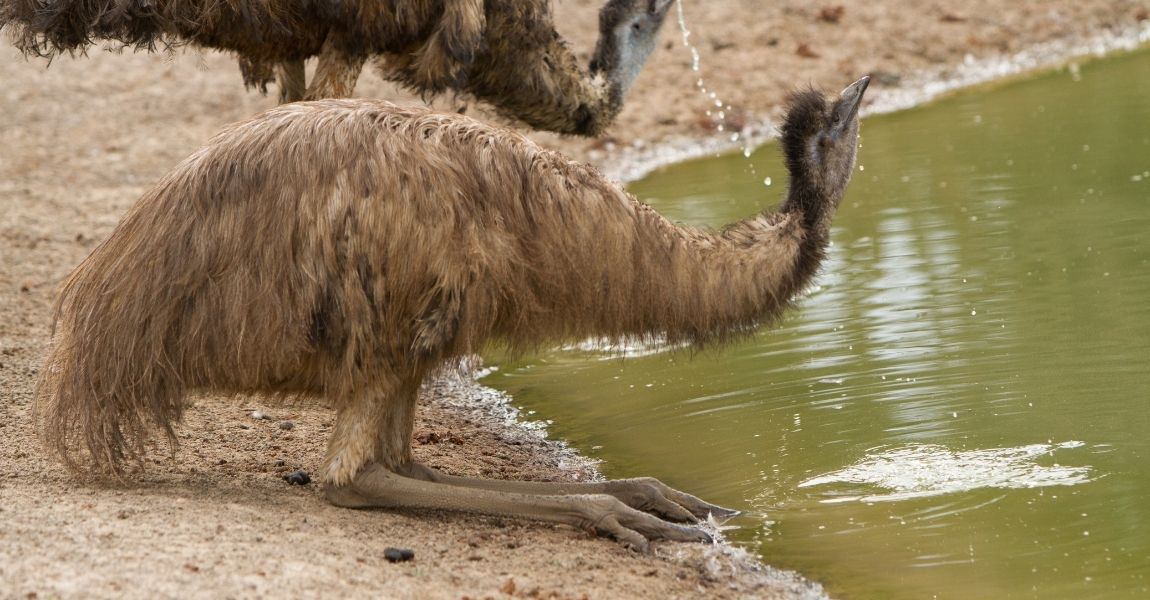Things You Must Know About Your Pet Emu
1. Emu Characteristics:
Emus are the second-largest living bird species, reaching impressive heights of up to 6 feet (1.8 meters) and weighing between 80 to 130 pounds (36 to 59 kilograms). They possess long necks, powerful legs, and distinct feather patterns. Emus are known for their inquisitive and intelligent nature, often exhibiting playful behaviors and forming strong social bonds.
2. Housing and Space Requirements:Emus require ample space to roam and explore. Ideally, they should have access to a large outdoor area where they can freely forage and exercise. It's important to ensure that the enclosure is secure, as emus are notorious escape artists. Providing high fencing, at least 6 feet (1.8 meters) in height, is necessary to prevent them from wandering off. Additionally, consider extending the fencing underground to discourage digging.
3. Diet and Feeding:As omnivores, emus have a diverse diet that includes various foods. In the wild, they consume plants, fruits, insects, and small vertebrates. As pets, emus should be provided with a well-balanced diet consisting of commercial emu pellets, fresh vegetables, fruits, and occasional protein sources such as lean meats or insects. It's essential to offer fresh water at all times and ensure their diet meets their nutritional requirements.
4. Socialization and Enrichment:Emus are social creatures that thrive on companionship. Consider keeping at least two emus together to provide them with a sense of belonging. Emus also enjoy interacting with their human caretakers and can form strong bonds through positive and consistent interaction. Providing them with stimulating activities, such as puzzle toys, foraging opportunities, and regular mental enrichment, will help keep them engaged and prevent boredom.
5. Temperament and Handling:Each emu has its own unique personality, and while some may be docile and friendly, others may display more cautious or defensive behaviors. It's crucial to approach emus with patience and respect, avoiding sudden movements and loud noises that may startle them. During breeding season, emus can become territorial, so it's important to understand their behaviors and provide appropriate space and boundaries to avoid conflicts.
6. Veterinary Care:Regular veterinary check-ups are essential for the health and well-being of your pet emu. It's crucial to find a veterinarian experienced in avian medicine who can provide proper vaccinations, routine health examinations, and address any potential health concerns. Emus are susceptible to certain diseases and parasites, so it's important to stay vigilant and maintain a clean and hygienic living environment to minimize health risks.
7. Legal Considerations:Before bringing an emu into your home, it's vital to research and understand the local regulations regarding the ownership of exotic animals. Emus are often classified as exotic species, and in many places, permits or licenses may be required to keep them as pets. Complying with local laws and regulations not only ensures the well-being of your emu but also helps you avoid any legal issues in the future.
Remember, emus have a long lifespan and can live for up to 20 years or more. Owning an emu is a long-term commitment that requires dedication and understanding. By familiarizing yourself with their needs, providing proper care, and creating a suitable environment, you can develop a rewarding and unique bond with your pet emu.





